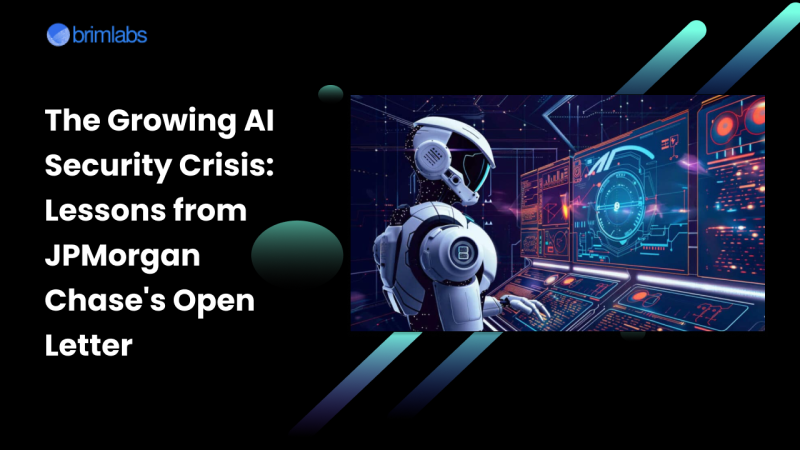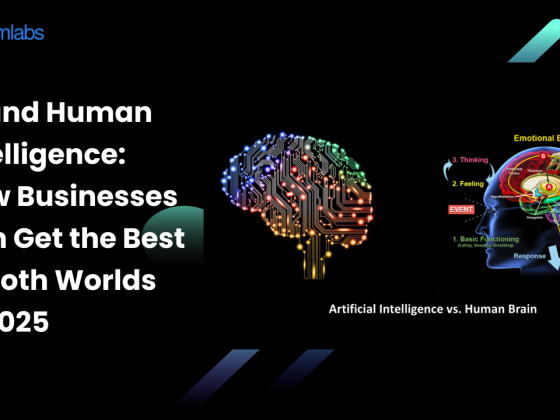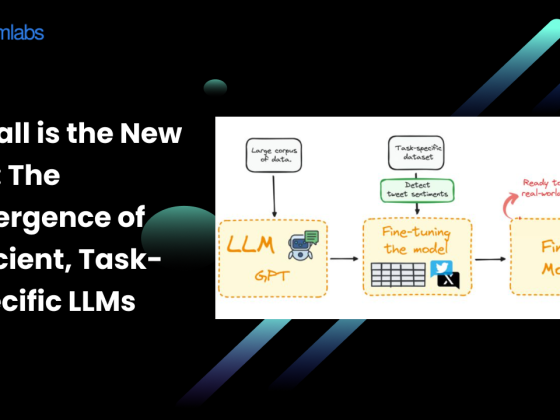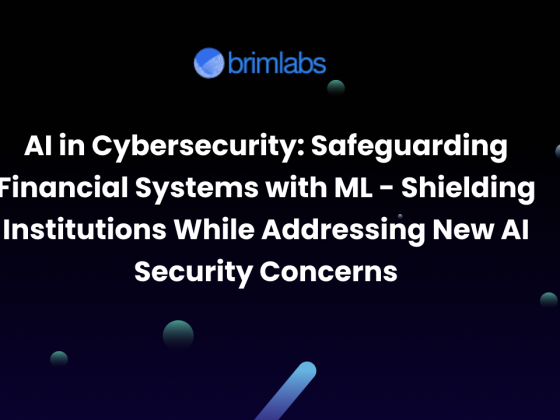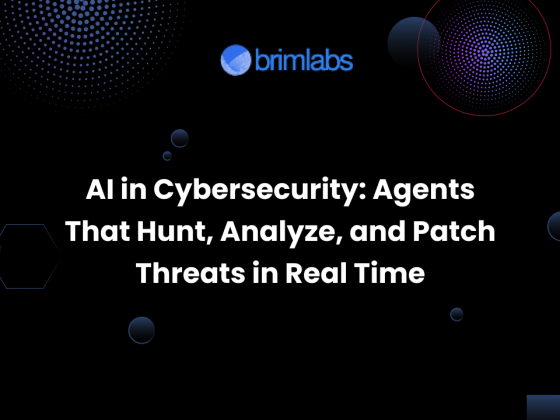In a bold and urgent move, JPMorgan Chase recently issued an Open Letter to its third-party suppliers, raising the alarm on a growing and critical issue: AI security vulnerabilities. While many companies are racing to adopt AI at breakneck speed, JPMorgan warns that the financial and operational consequences of insecure AI deployments could be catastrophic, particularly for industries handling sensitive data and assets worth trillions of dollars.
Let’s unpack why this warning matters, what the data reveals, and what steps businesses must urgently take to protect themselves.
The Alarming Findings from JPMorgan’s Assessment
According to JPMorgan’s latest AI security review:
- 78% of enterprise AI deployments lack proper security protocols.
- Most companies cannot explain how their AI models make decisions.
- Security vulnerabilities have tripled since mass AI adoption.
The core problem? Speed has overtaken security. Organizations have deployed AI systems that they do not fully understand or safeguard in the rush to innovate.
Pat Opet, JPMorgan’s Chief Technology Officer, puts it bluntly:
“We’re seeing organizations deploy systems they fundamentally don’t understand.”
This is not just a theoretical risk. For sectors like finance, healthcare, and critical infrastructure, vulnerabilities could lead to regulatory penalties, financial losses, reputational damage, and national security threats.
The Hidden Risk: Growing AI Security Debt
Just like technical debt in software development, AI security debt is now compounding at an alarming rate.
Companies are deploying powerful AI tools without embedding proper security frameworks, transparency mechanisms, or contingency plans. Over time, this oversight makes systems harder, and far costlier, to protect or fix.
In JPMorgan’s words, the AI security debt is growing faster than our ability to pay it down.
Organizations that continue ignoring these risks could face a severe “AI reckoning”, a tipping point where accumulated vulnerabilities lead to systemic failures.
What JPMorgan Recommends for AI Security
Instead of halting AI adoption, JPMorgan advocates for a more disciplined and secure approach. Their recommendations:
1. Implement AI Governance Frameworks Before Deployment
AI systems must be governed by clear policies from the start, covering ethics, bias mitigation, explainability, and especially cybersecurity protocols.
2. Conduct Regular Red Team Exercises
Red teams (ethical hackers) should continuously test AI systems for vulnerabilities, bias exploits, data poisoning attacks, and model manipulation risks.
3. Establish Clear Model Documentation Standards
Organizations must maintain detailed, transparent documentation of how AI systems are trained, deployed, and updated. “Black box” AI is no longer acceptable.
4. Create Dedicated AI Security Response Teams
AI security is not an IT add-on. It needs dedicated teams capable of monitoring threats, detecting anomalies, and responding in real-time to AI-specific incidents.
JPMorgan’s Own Investment: Leading by Example
Recognizing the stakes, JPMorgan has invested over $2 billion in AI security initiatives, while deliberately slowing certain AI deployments until they meet stringent governance and security standards.
Their actions send a strong message to the entire industry: Security must be prioritized over speed.
Why This Matters Beyond Finance
Although JPMorgan operates in finance, their warning applies across every industry adopting AI, from healthcare and manufacturing to logistics, retail, and defense.
AI models now influence:
- Credit approvals
- Medical diagnoses
- Hiring decisions
- Cyber defense
- Supply chain optimization
If these models are compromised, manipulated, or misunderstood, the downstream impacts could be devastating.
The Road Ahead: A Call to Action
The companies that invest in AI security today will become the trusted leaders of tomorrow. Those that continue to “move fast and break things” without discipline risk irreparable damage, not just to their operations but to customer trust, shareholder value, and regulatory compliance.
The AI race is not just about innovation. It is about responsible innovation.
The AI security reckoning is coming. Will your organization be ready?
Conclusion:
At Brim Labs, we believe in building secure, transparent, and resilient AI systems. As the industry evolves, embedding security at the core of AI development is not just a best practice, it is a survival strategy.
If you are looking to deploy AI safely and responsibly, we can help. Let’s ensure your innovation journey is built on a foundation of trust and security.

